An expected 1.7 billion individuals - more than 20 percent of the total populace - hazard getting seriously tainted with COVID-19 because of hidden medical issues, for example, heftiness and coronary illness, examination demonstrated Tuesday.
The epic coronavirus, which has executed more than 420,000 individuals comprehensively during the main rush of the pandemic, antagonistically impacts patients experiencing co-morbidities.
A group of specialists from the London School of Hygiene and Tropical Medicine broke down worldwide informational collections of ailments including diabetes, lung ailment, and HIV utilized these to assess what number of individuals are at elevated danger of genuine COVID-19 disease.
They found that one out of five individuals have at any rate one hidden medical issue placing them in more serious peril.
While not those would proceed to create extreme manifestations whenever contaminated, the analysts said around 4 percent of the worldwide populace - around 350 million) would almost certainly become ill enough to require medical clinic treatment.
"As nations move out of lockdown, governments are searching for approaches to shield the most helpless from an infection that is as yet coursing," said Andrew Clark, who added to the examination.
"This may include prompting individuals with fundamental conditions to receive social separating measures fitting to their degree of hazard."
Clark said the discoveries could assist governments with settling on choices on who gets a COVID-19 antibody first when one opens up.
Steady with different examinations about COVID hazard, the creators found that more established individuals are in more serious peril of getting genuinely unwell from the infection.
Under 5 percent of individuals matured under 20 have a basic hazard factor, contrasted and 66% of over 70s.
Nations with more youthful populaces have fewer individuals within any event one fundamental condition, yet chances fluctuate all around, as indicated by the investigation.
Little island states, for example, Fiji and Mauritius have among the most elevated paces of diabetes - a known COVID-19 hazard factor - on Earth, for instance.
What's more, nations with the most elevated predominance of HIV/AIDS, for example, eSwatini and Lesotho, additionally should be careful, said creators of the exploration distributed in The Lancet.
In Europe, more than 30 percent of individuals have at least one wellbeing conditions, it appeared.
Writing in a connected remark, Nina Schwalbe from Columbia University Mailman School of Public Health, said the investigation indicated "the time has come to advance from a one-size-fits-all way to deal with one that fixates on those most in danger."

 The novel coronavirus, which has killed many globally during the first wave of the pandemic, adversely affects patients suffering from co-morbidities.
The novel coronavirus, which has killed many globally during the first wave of the pandemic, adversely affects patients suffering from co-morbidities.




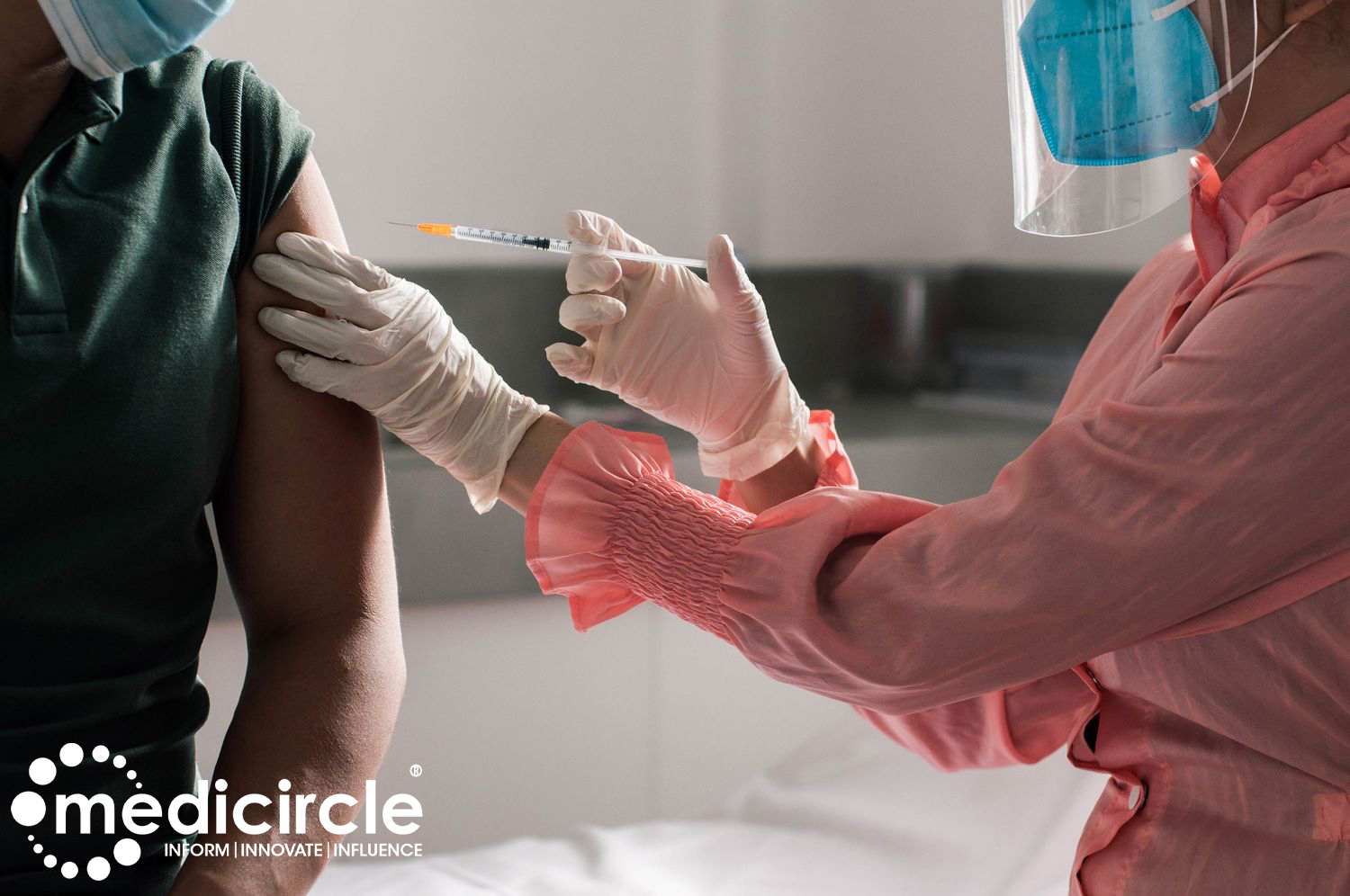
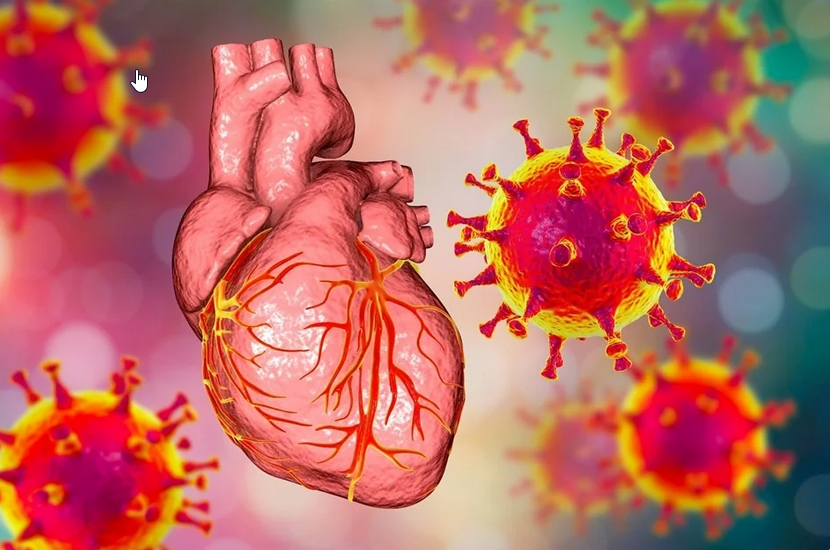

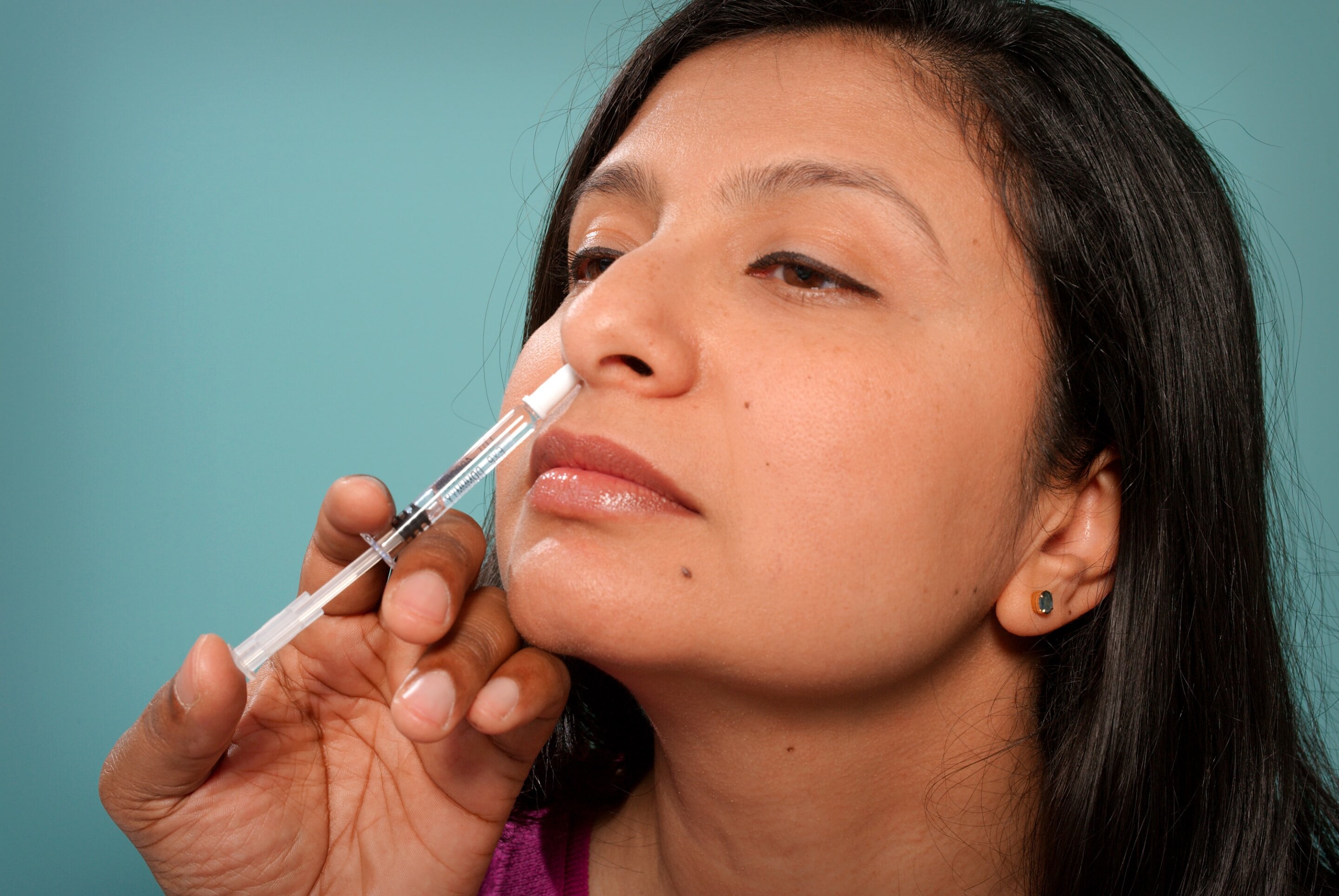

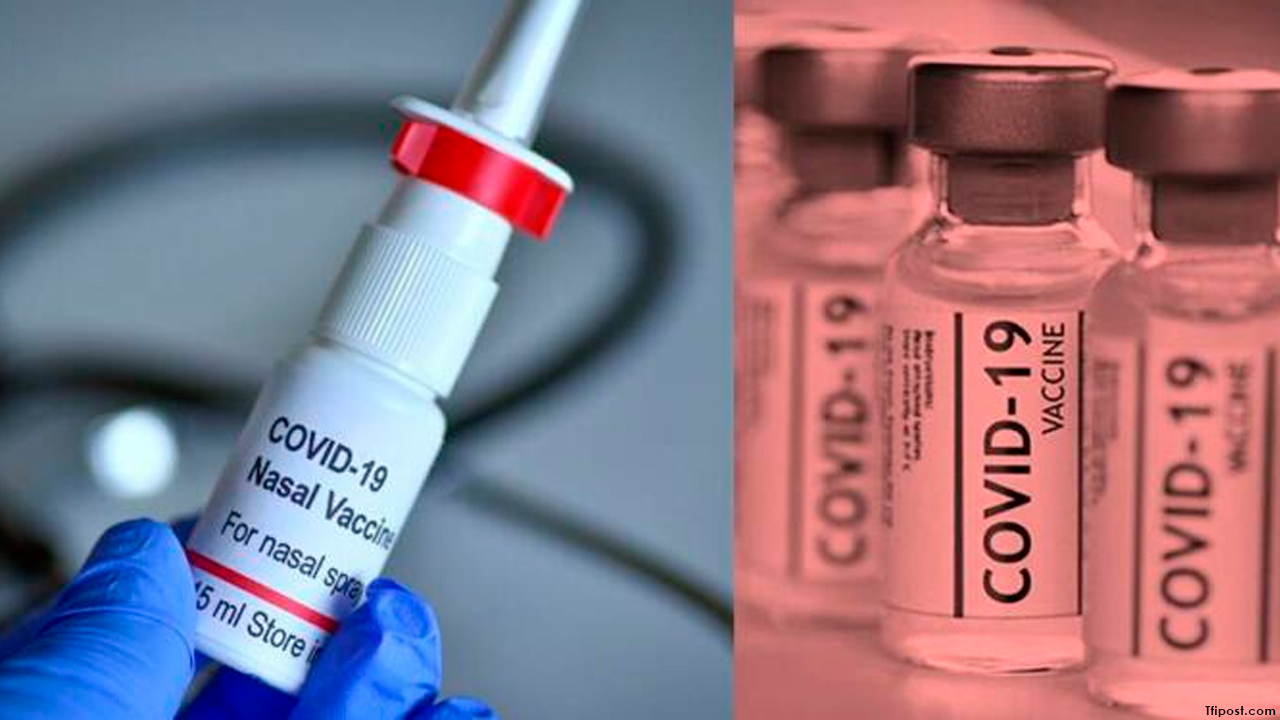
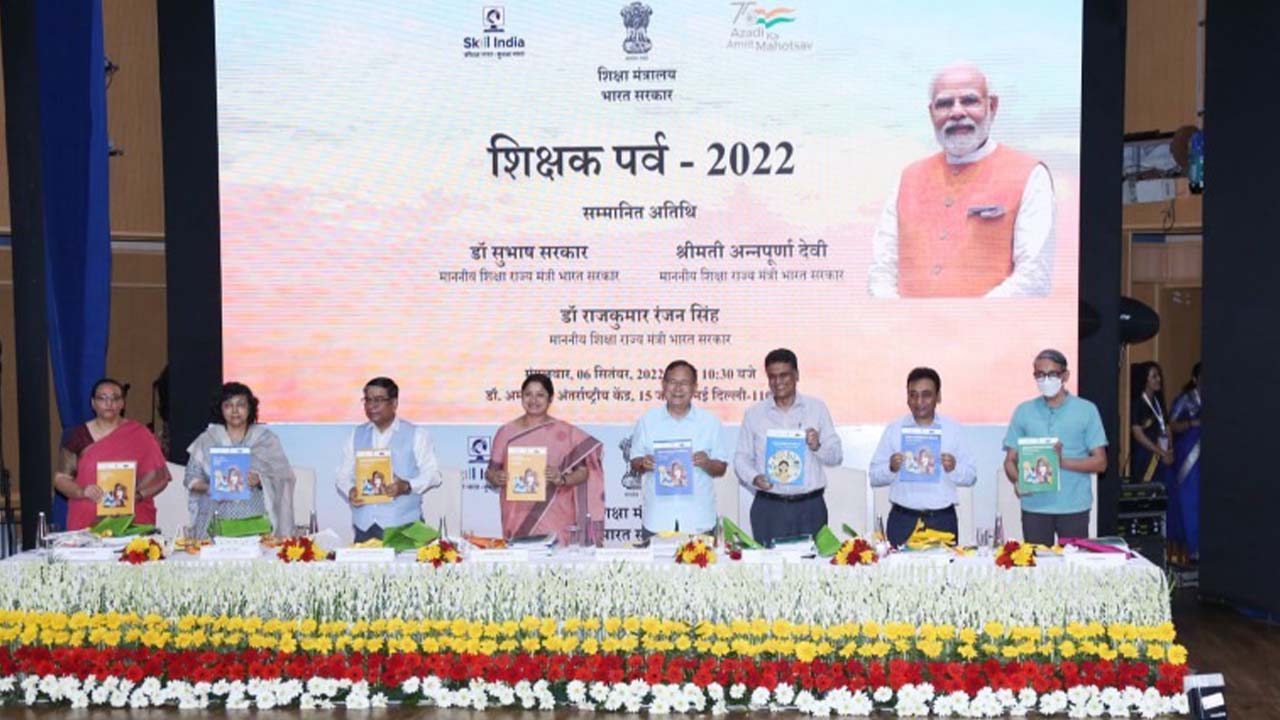
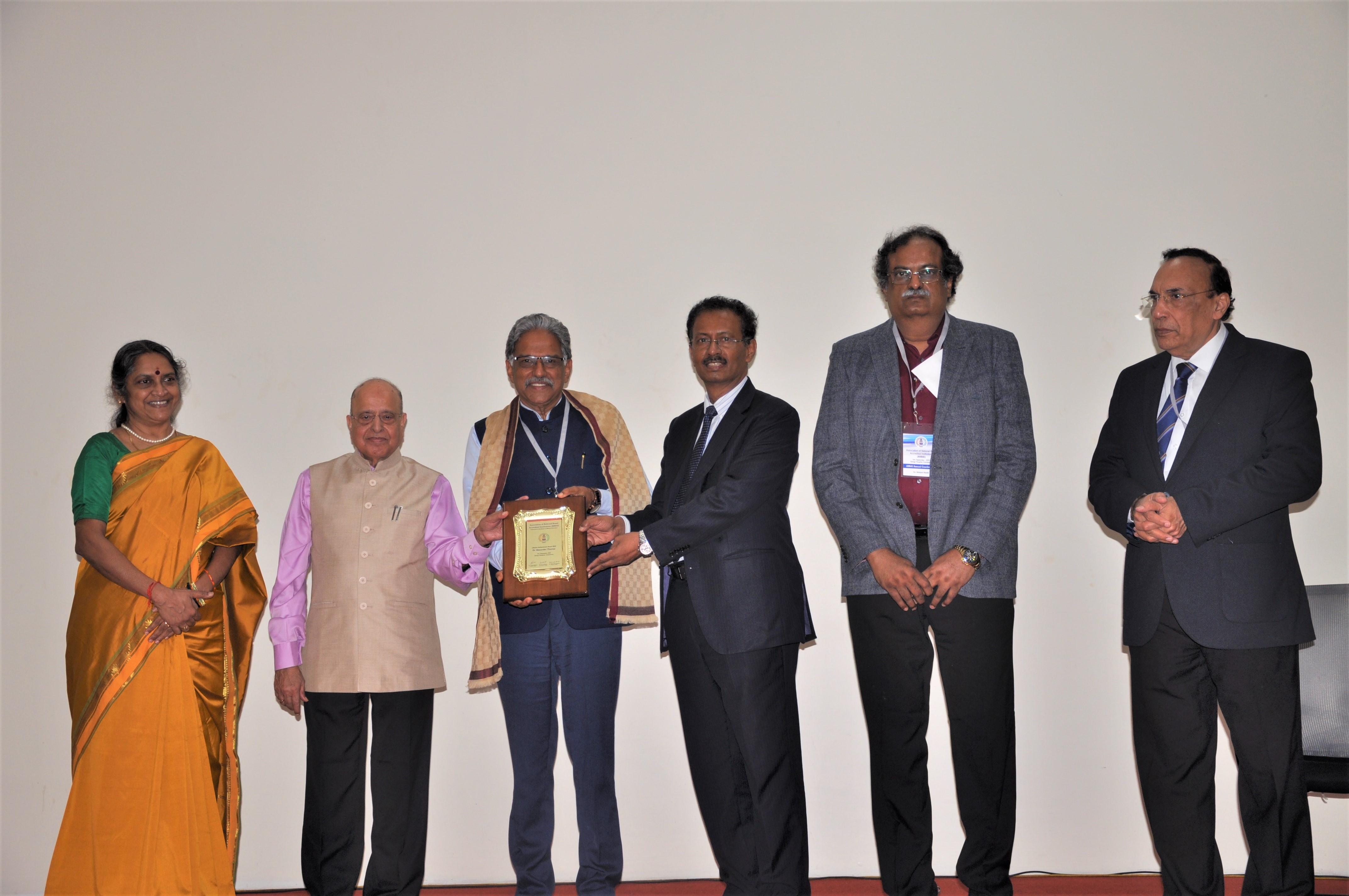







.jpeg)






.jpg)




.jpg)





.jpeg)
